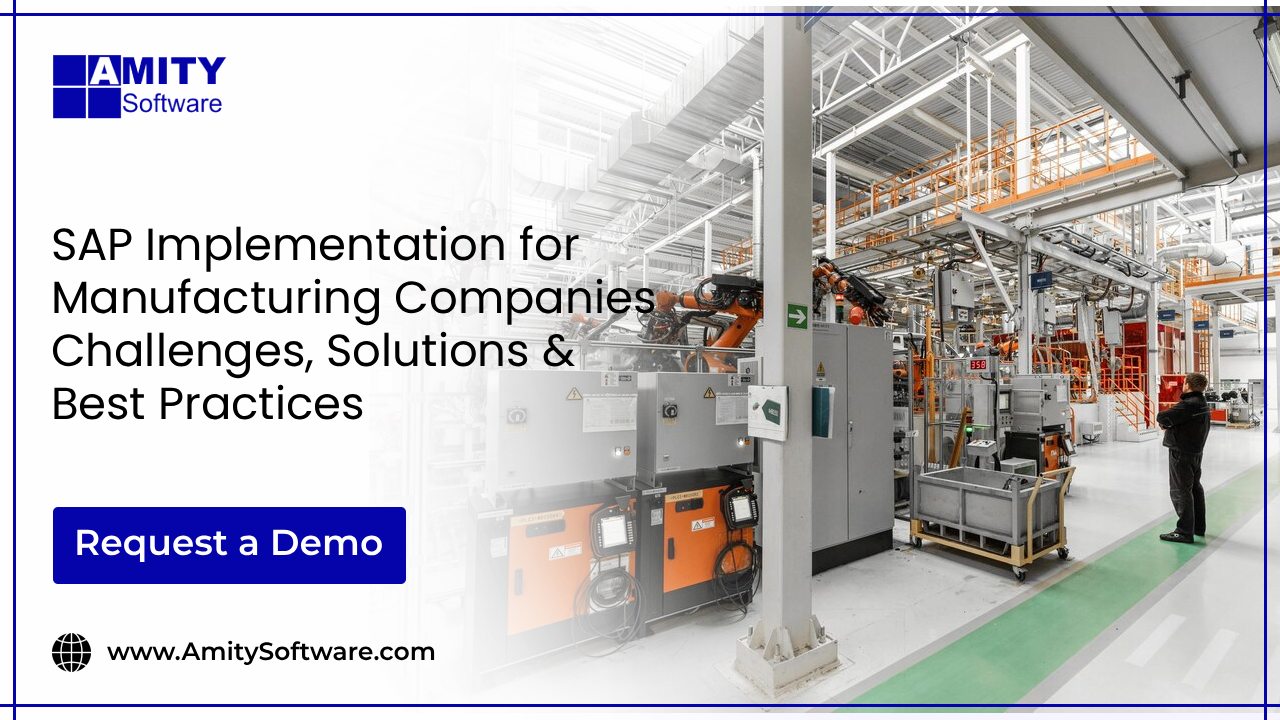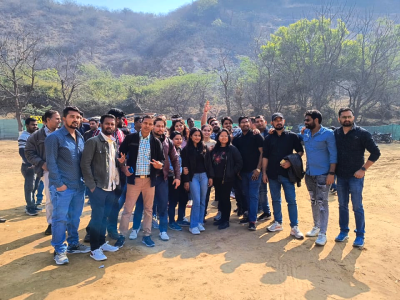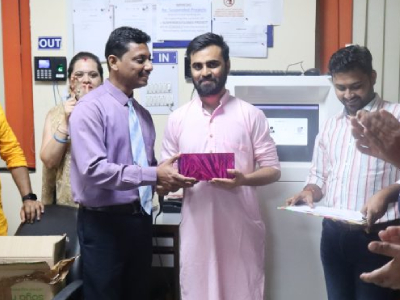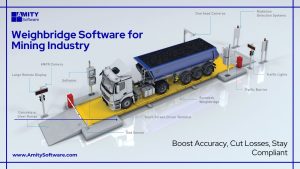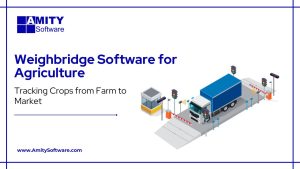SAP implementation for manufacturing companies isn’t just a tech upgrade—it’s a strategic move to streamline production, optimize supply chains, and reduce operational costs.
Consider a mid-sized automotive components manufacturer: before SAP, production planning was fragmented across spreadsheets, leading to delayed shipments and inventory mismanagement. After deploying SAP S/4HANA for manufacturing, their production cycles shortened by 25%, inventory errors dropped by 40%, and plant efficiency improved significantly.
This article answers the key questions: What are the main challenges of SAP implementation in manufacturing, how can companies overcome them, and what best practices ensure success?
Common Challenges in SAP Implementation for Manufacturing Companies
Complex Production Processes
-
Manufacturing plants often have multiple production lines, legacy systems, and diverse machinery. Integrating all operations into a single ERP system can be overwhelming.
-
Solution: Map current workflows clearly, prioritize high-impact processes for initial implementation, and use SAP MES (Manufacturing Execution System) for real-time floor integration.
Data Migration Issues
-
Migrating historical production and inventory data can result in errors if not validated.
-
Solution: Conduct data cleansing, run pilot migrations, and use automated validation tools.
Complex Production Processes
-
Manufacturing plants often have multiple production lines, legacy systems, and diverse machinery. Integrating all operations into a single ERP system can be overwhelming.
-
Solution: Map current workflows clearly, prioritize high-impact processes for initial implementation, and use SAP MES (Manufacturing Execution System) for real-time floor integration.
Resistance to Change
-
Plant operators and staff may resist adopting new systems due to fear of disruption.
-
Solution: Provide hands-on training, involve employees early, and showcase tangible benefits of SAP digital transformation in manufacturing.
Integration with Legacy Systems
-
Older machines and software may not communicate seamlessly with SAP.
-
Solution: Use SAP integration with shop floor systems and middleware for smooth connectivity.
Key Solutions for Successful SAP Implementation
Choosing the Right SAP Modules
-
SAP S/4HANA for manufacturing covers production planning, inventory management, and supply chain oversight.
-
Add modules such as SAP plant maintenance module for preventive maintenance and SAP workflow automation in manufacturing to reduce manual interventions.
Phased Implementation Approach
-
Break down the project into modules: start with inventory and production planning, then integrate supply chain, quality management, and finance.
-
Use SAP rollout strategy for production companies to define timelines, milestones, and KPIs.
Leveraging Manufacturing ERP Solutions
-
Standardize processes with ERP solutions tailored for manufacturing.
-
Automate reporting, alerts, and dashboards for real-time decision-making.
Best Practices for SAP Implementation in Manufacturing
Conduct a Readiness Assessment
-
Evaluate current IT infrastructure, employee skill levels, and operational bottlenecks before implementation.
Engage Stakeholders Early
-
Include plant managers, production supervisors, and IT teams in planning and testing.
Pilot Testing
-
Test modules in one production line or plant before a full-scale rollout.
Continuous Training and Support
-
Use interactive training programs, documentation, and SAP consulting for manufacturing companies for ongoing learning.
Final Take
SAP implementation for manufacturing companies is more than software deployment—it’s a strategic lever for efficiency, accuracy, and growth. By addressing challenges, following best practices, and leveraging SAP digital transformation in manufacturing, companies can streamline production, optimize inventory, and achieve measurable ROI.
FAQs
Q: How long does SAP implementation for manufacturing companies take?
A: Typically 6–18 months depending on plant size, number of modules, and complexity of processes.
Q: What is the most common challenge?
A: Integration with legacy systems and staff resistance are the top hurdles.
Q: Can small manufacturing companies implement SAP?
A: Yes, cloud-based SAP solutions like S/4HANA offer scalable options suitable for SMEs.
Q: How to ensure ROI from SAP implementation?
A: Focus on process automation, employee adoption, and continuous KPI monitoring.
Q: Should we hire external consultants?
A: Yes, SAP consulting for manufacturing companies can accelerate implementation and reduce risks.


